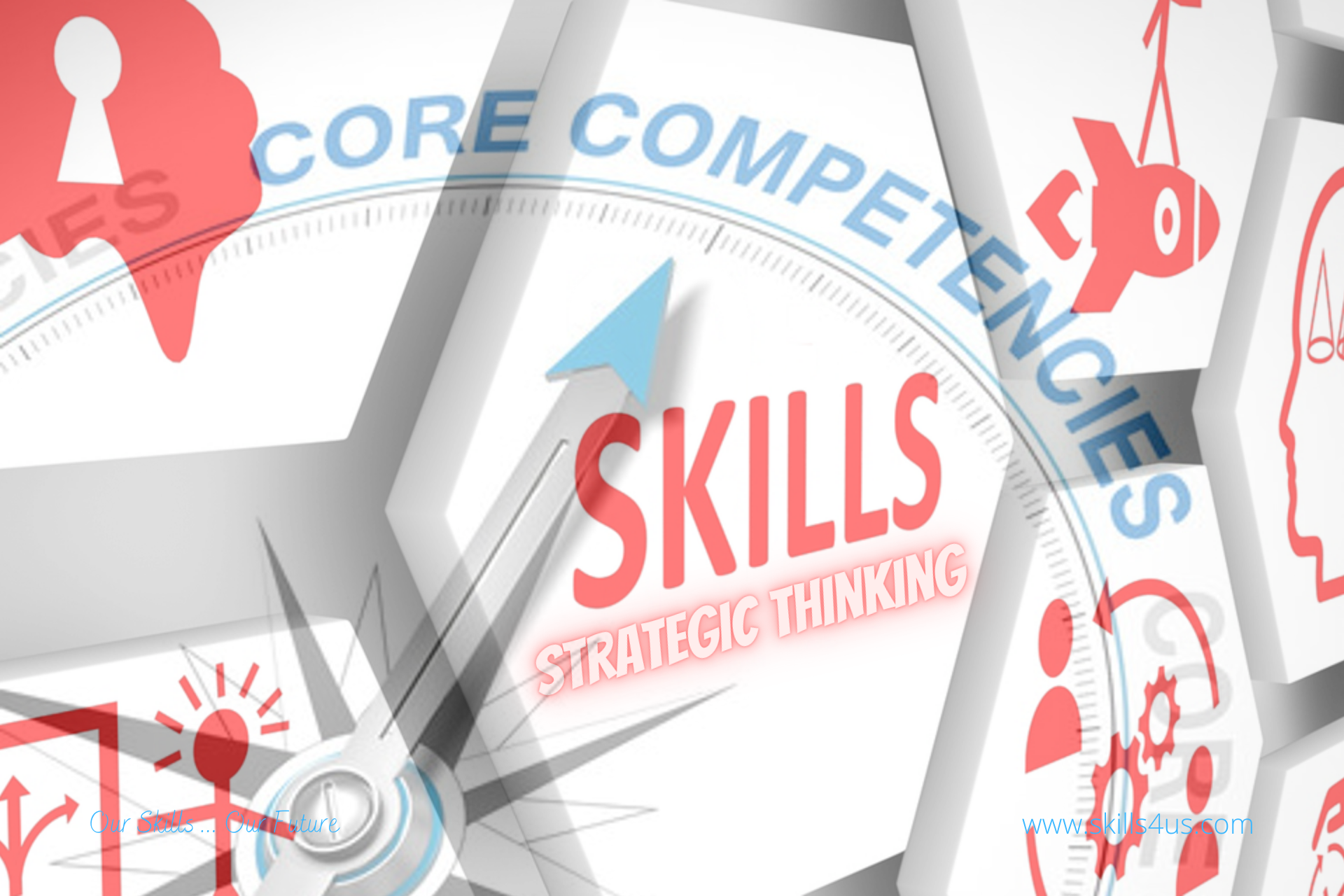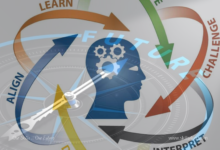
Strategic Thinking Skills are Among the Most Required Management Competencies in the Future
There is a general perception that strategic thinking skills are hard to acquire and reserved for senior executives or policymakers because only they need them. On the contrary, anyone can develop strategic thinking skills. As they are among the most sought-after managerial competencies now and in the future. Note that employees who can think critically, logically, and strategically can have a practical impact on the course of work.
Benefits of Being a Strategic Thinker
As long as you are trying to solve a problem or accomplish something, you are applying the ability to think strategically. Accordingly, you can practice strategic thinking regularly because you face the decision-making and problem-solving process permanently and continuously.
As an outstanding business leader, the ultimate benefit of strategic thinking is demonstrating your ability to articulate a vision that will benefit you in leading. Here are the additional benefits of being able to think strategically:
- Help you identify different options to achieve the same goals.
- Simplify complex problems by breaking them down into understandable parts.
- Understand worst-case scenarios to prepare for adverse outcomes.
- Identify risks to prioritize options.
- Reduce the margin for errors or chaos.
- Embrace and face the unknown as it occurs.
Strategic Thinking Skills
Strategic thinking skills include skills that enable you to use critical thinking to address challenges and problems and plan, including:
- Analytical Skills: To conceptualize a strategy that will help your organization achieve its goals, you must be able to analyze a variety of inputs, from financial data and KPIs to market conditions, emerging business trends, and internal resource allocation.
- Communication Skills: Central to strategic thinking is effective communication and the ability to communicate complex ideas, collaborate with stakeholders, build consensus, and ensure that everyone is aligned and working toward common goals.
- Problem-Solving Skills: Implementing a strategy that addresses your core challenge requires first understanding the problem and its potential solutions and then formulating a strategy to solve it.
- Planning and Management Skills: Once you have analyzed the data, understood the problem, and identified a solution, you need vital planning and management skills to pull everything together.
Ways to Develop your Strategic Thinking Skills
1) Ask Strategic Questions
Asking strategic questions is one of the simplest things you can do. As this allows you to practice your planning skills, become able to spot opportunities. And develop a more strategic mindset that will benefit you in your career.
2) Observation and Reflection
Naturally, you need to answer strategic questions with skill and competence. To do this effectively, you must monitor and reflect on your current situation. And ensure that any strategy you envision is based on actual data and facts.
3) Test Opposite Points of View
After preparing the strategy that can help the organization reach its goals, you, as a strategic leader, must adopt the principle of questioning your assumptions. And then put your hypothesis to a rigorous test by confronting the opposite ideas and viewpoints.
4) Embrace the Training
Suppose you must quickly ramp up your strategic skills to address your organization’s urgent needs. In that case, you can pursue other educational options, and internships may be your best option.
Learning how to think, rather than thinking itself, is one of the advantages of a strategic mindset. Although you may only sometimes have the correct answers, strategic thinking skills enable you to spot new opportunities, tackle emerging challenges, and plan for future success.



